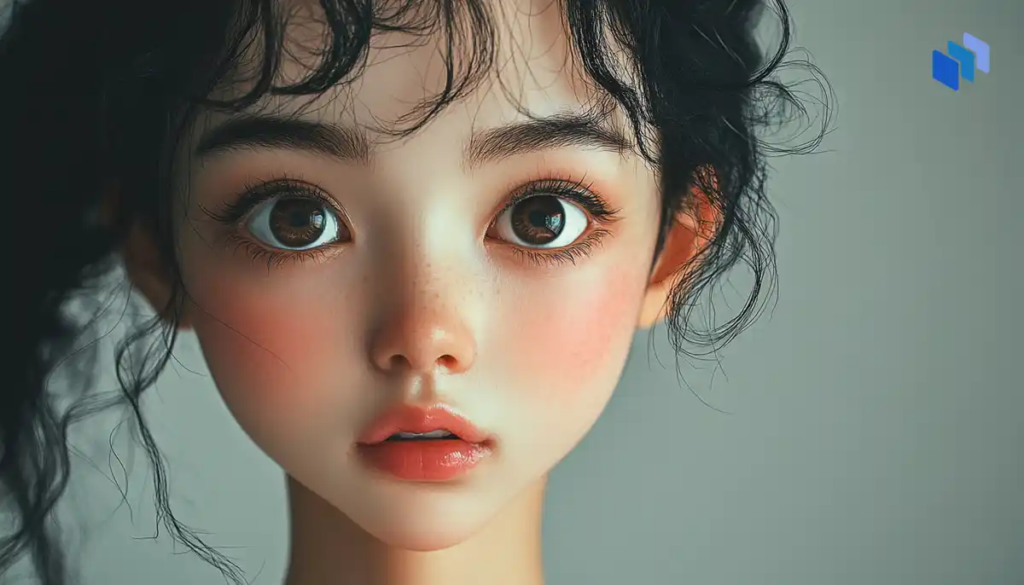
TikTok, a popular video-sharing app, is taking a big step to protect young users’ mental health. They’re going to ban beauty filters for users under 18. By banning these filters, TikTok hopes to encourage young users to be themselves and feel good about their natural appearance.
TikTok is taking significant steps to address rising mental health concerns among teenagers. The platform announced that it will soon block users under 18 from using beauty filters that alter facial features like skin tone, eye size, or lip shape. Popular filters, such as “Bold Glamour,” which create a polished, unrealistic look, will be restricted. However, filters meant for fun, like adding animal ears, will remain accessible.
The decision comes after reports highlighting beauty filters’ negative effects on teens, especially girls. Many teenagers have expressed feelings of inadequacy when comparing their unfiltered appearance to their altered images. These filters contribute to unrealistic beauty standards, fueling anxiety and low self-esteem.
TikTok’s initiative will rely on its ability to verify users’ ages accurately. The company plans to enhance its systems using machine learning to detect underage users or those misrepresenting their age. Currently, TikTok removes about 20 million accounts every quarter for violating age policies.

The platform is also tightening restrictions for users under 13. A trial of automated systems to identify underage accounts will be launched soon. If an account is flagged, moderators will review it for further action. Users mistakenly removed an appeal.
These changes align with increasing regulatory pressure. The UK’s upcoming Online Safety Act will enforce strict age verification measures, and social media companies face hefty fines for non-compliance. Regulators like Ofcom have previously criticized TikTok’s enforcement of age restrictions, calling for more effective measures.
Child safety advocates have welcomed TikTok’s actions but urge the platform to do more. The NSPCC described the move as a step in the right direction but emphasized that other platforms must also strengthen their safeguards. Experts like Andy Burrows from the Molly Rose Foundation stressed that these measures are largely in response to looming regulations, underscoring the need for even stricter legislation.

By restricting beauty filters and enhancing age verification, TikTok aims to foster a healthier online environment for teens, reducing social pressures and promoting authenticity. These efforts reflect a broader shift in social media platforms prioritizing safety as global regulations tighten.

[…] Also Read: TikTok Bans Beauty Filters To Tackle Mental Health Concerns […]